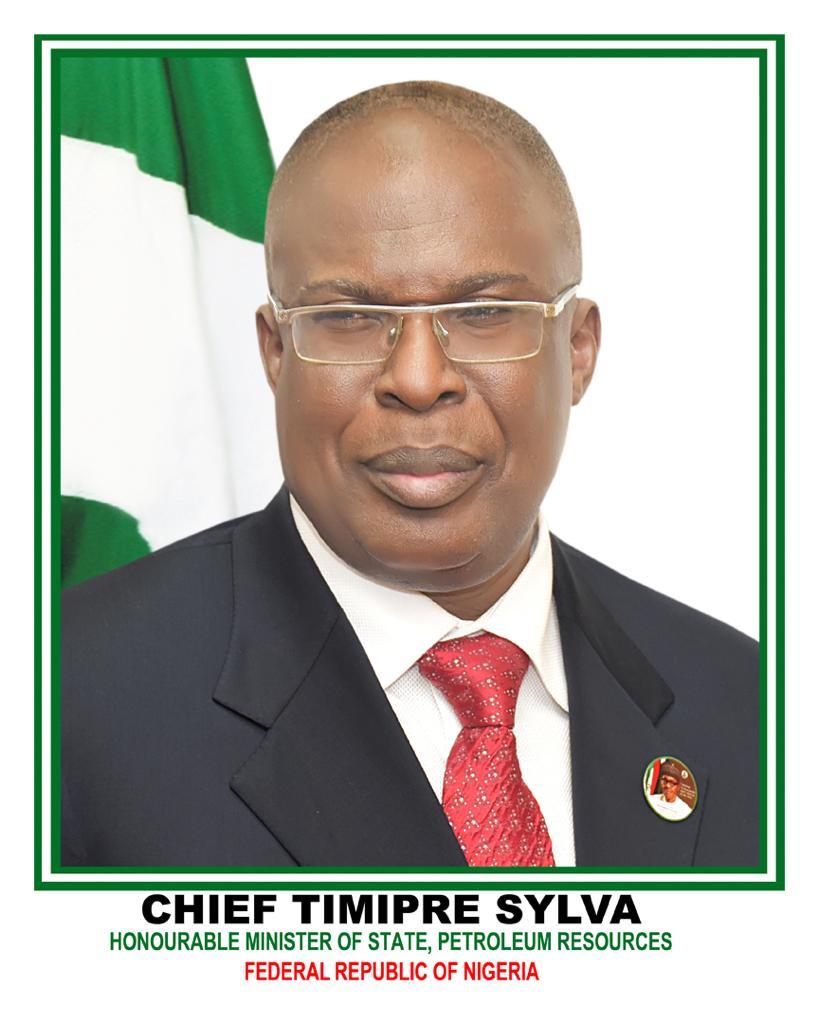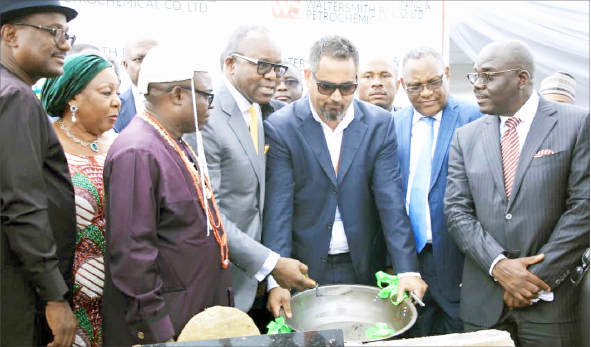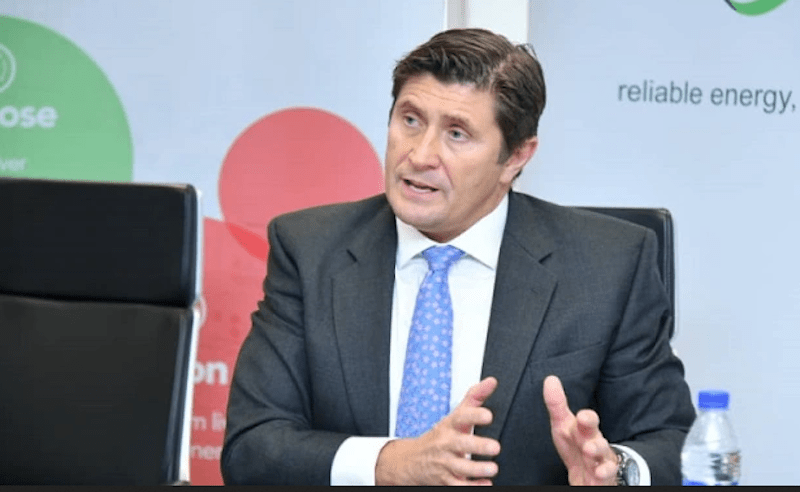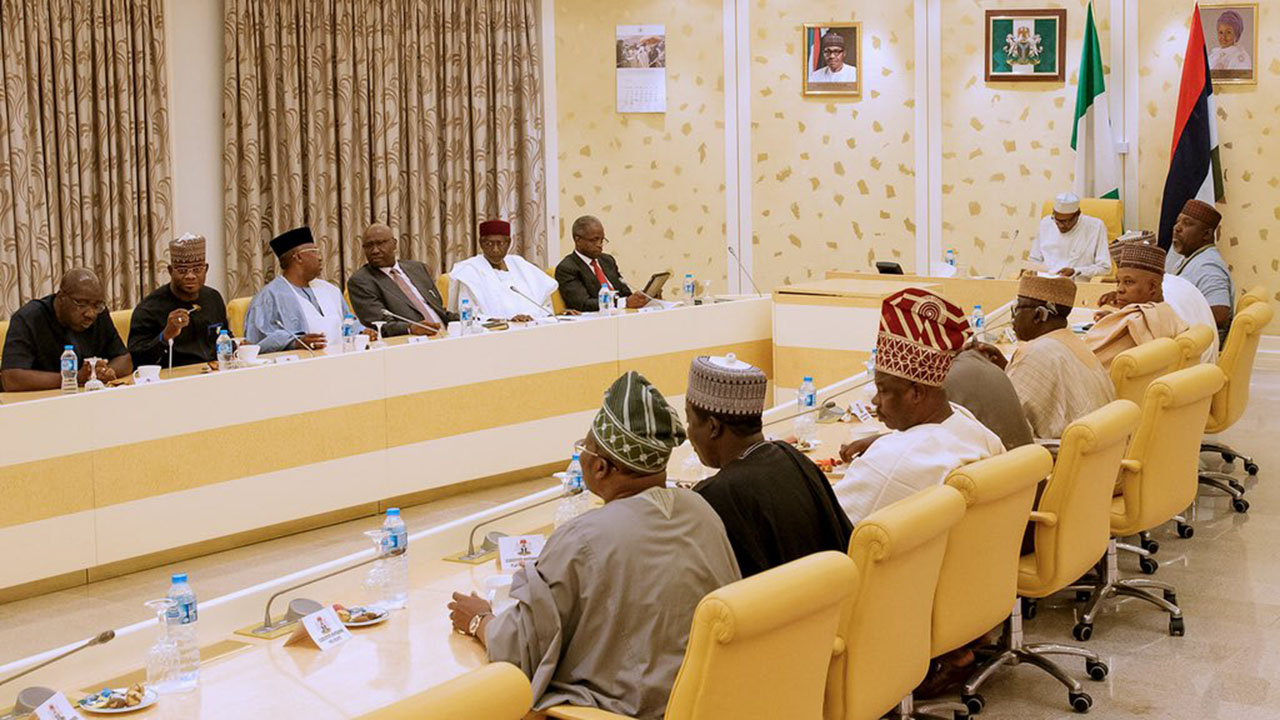The Minister of State, Petroleum Resources, Chief Timipre Marlin Sylva, Thursday in Abuja harped on the readiness of the Federal Government in driving to fruition, the approved National Gas Expansion Programme which was designed to stimulate gas utilization in the country.
In his keynote address at the 26th Nigerian Economic Summit pre-summit event on “domestic gas utilization and commercialization: implementing the NDC sectoral action plan for energy,” “The global context is, of course, defined by the Paris Agreement (adopted in December 2015 and entered into force a year later). As you may recall, Nigeria and 176 other countries have now ratified (this is phenomenal speed for a multilateral treaty). I will highlight the most serious challenge we currently face locally and globally: the climate change phenomenon.”
“You will agree with me that curtailing negative environmental impacts in Nigeria and the air we breathe, are some of the daunting challenges we face as a nation and of course of the 21st century. At a ground-breaking UN climate conference in Paris in 2015, world leaders met and decided to work towards off-putting the global rise in temperature to well below 2°C above pre-industrial levels. We all know that accomplishing these laudable goals suggests changes in the way we manage our environment.
“As a nation, we have committed ourselves to the delivery of the NDC and UN’s Sustainable development goals (SDGs) and the accompanying targets. The SDGs are a mixture of closely entangled social, economic and environmental objectives; it is not possible to have sustainable social and economic development if we allow our environment to degrade. Alongside alleviating poverty, there is clearly a need to prevent and reduce all forms of pollution.
The Minister made it further clear that “It is essential that we acknowledge climate change and that we find sustainable solutions to mitigate and to adapt to its repercussions. Climate change is altering the character of our Nation. We must increase our collective efforts to prepare and protect ourselves, our communities, and our environment from existential threats that climate change will bring. We are running out of time.”
He explained that the NGFCP is designed as the strategy to implement the policy objectives of the FGN for the elimination of gas flares from Nigeria’s oil and gas fields in the near term (2-3 years), with potentially enormous multiplier and development outcomes for Nigeria.
“It is also designed as the contribution of the petroleum sector to Nigeria’s Intended Nationally Determined Contributions (INDC) under the Paris Agreement (COP21). It is a unique and historic opportunity to attract major investment in economically viable gas flare capture projects whilst permanently addressing a 60-year environmental problem in Nigeria.
The gas we flare is an important part of the global energy transition, the closest ally to renewables. The UN has described energy as ‘’central to nearly every major challenge and opportunity the world faces today. Be it for jobs, security, climate change, food production or increasing incomes, access to energy for all is essential” Nevertheless, even today, little or no access to energy deprives part of the world’s population of the opportunity to improve their quality of life.
“It is based on this premise and other detrimental impact of gas flaring in the country that the Federal Government of Nigeria (FGN) took a policy position that gas flaring is unacceptable and will no longer tolerate it. A critical aspect of the National Gas Policy is to reduce gas flaring by harnessing flare gas to stimulate economic growth, drive investments and provide jobs for Nigerians through the utilization of widely available innovative technologies.
Now to support this strategy, the FGN included gas flare reduction as a key national greenhouse gas emissions mitigation in its Nationally Determined Contributions (NDC) under the United Nations Framework Convention on Climate Change (UNFCCC) and as a solace, the NGFCP consistent with Nigeria’s commitments for reduction of Green House Gas (GHG) under the Paris Climate Change Agreement would reduce Nigeria’s CO2 emissions by approximately 13 million tons/year, which could be monetized under an emission credits/carbon sale programme.
“To demonstrate commitment to the NGFCP, the Nigerian Government under HE, President Muhammadu Buhari, developed and signed into operation the Flare Gas (Prevention of Waste and Pollution) Regulations 2018 as the underpinning legislation to drive the NGFCP process.
“The Flare Gas (Prevention of Waste and Pollution) Regulations 2018 introduces a new payment regime (penalties) for gas flaring which adopts the “polluter pays” principle and mimics a carbon tax.
According to the Minister, “The NGFCP utilizes a commercialization approach to promote the utilization of gas via nimble, skid mounted, plug and play solutions that can easily be deployed on-site to harness gas that would erstwhile be flared. This would introduce a new dynamic to the utilization of gas in Nigeria especially the boosting the domestic utilization of natural gas. The first phase of the bidding round for the flare sites have reached an advance stage with investor proposals and would shortly be evaluated with successful companies awarded a permit to access flare gas.
He revealed to the virtual conferees that “The NGEP is the current flagship program of the Ministry that seeks to promote the domestic utilization of natural gas. This is however without prejudice to all ongoing initiatives for the promotion of natural gas utilization within the Ministry and its Agencies. The NGEP has subcommittees on Autogas, Domestic LPG (Cooking Gas), CNG, LNG and Gas Based Industries.
Chief Sylva explained further that “With the current drive of Government to establish a fully deregulated PMS market, it is imperative to ensure that Nigerians have access to alternative fuels which are cheaper and give great value to the consumer. Vehicles can be retro-fitted to run on LPG, LNG or CNG which are cheaper than PMS. Generators can also be retrofitted to utilize dual fuels.”
Business Hilights recalls that since creation, the NGEP is working assiduously to ensure that Nigerians can have access to these alternatives in the coming months.









